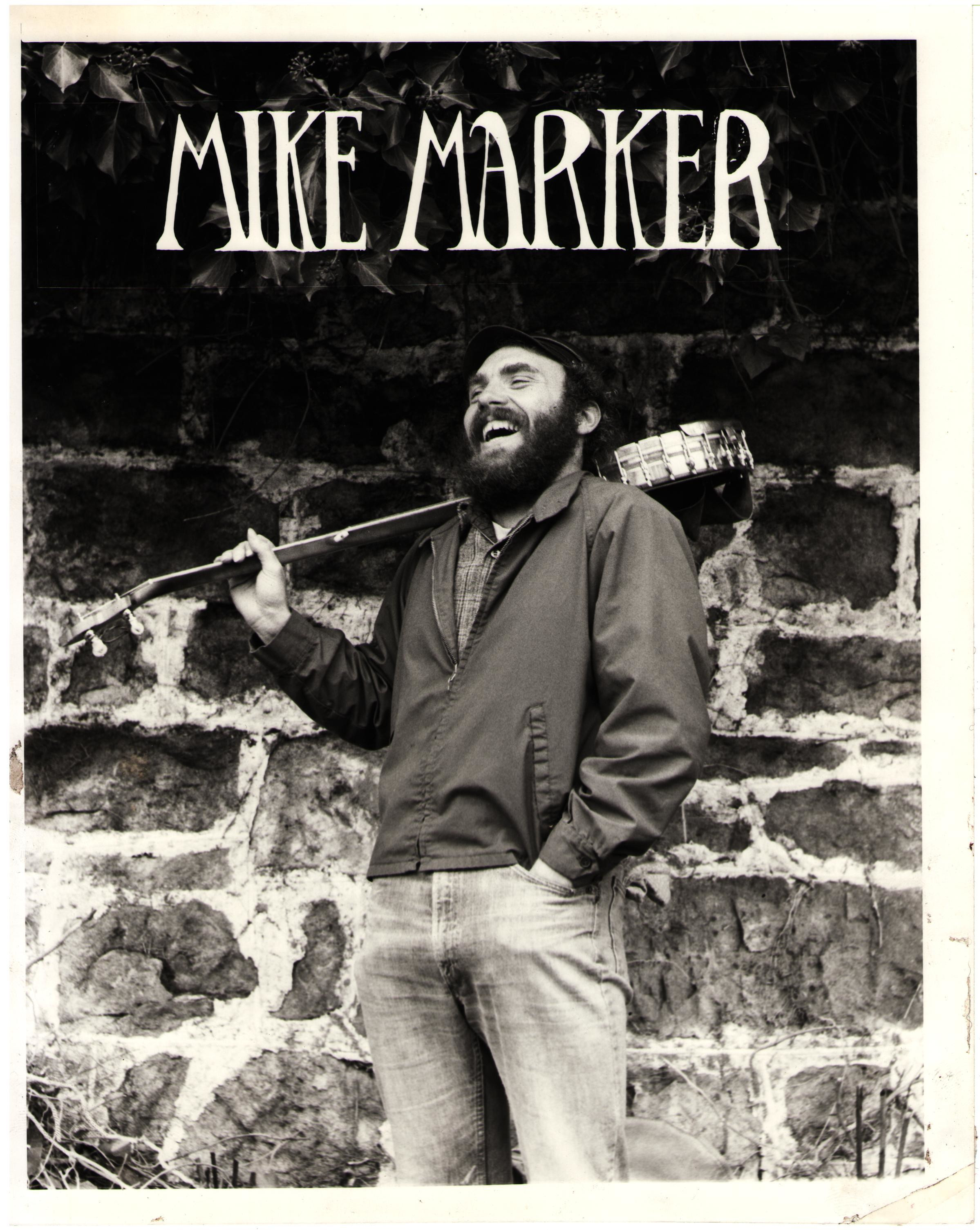Relations in the Alluvial Zone: Place and Indigenous Knowledges in Michael Marker’s Scholarship
DOI:
https://doi.org/10.20355/jcie29577Abstract
Through more than 20 years of scholarship, Michael Marker brings our attention, again and again, and more deeply, to the sentient, relational, spiritual, and political dimensions of place. This analytic review of his body of work illuminates Marker’s teachings on place, specifically, in education, history, and Indigenous knowledges. It is an effort to both crystalize and mobilize his conceptualization to inform future work by others. Place, Marker teaches us, functions as an agent in the transmission of knowledge, and in the course of events over time (sometimes referred to as history). Place is also centered in Marker’s research as an analytic tool. He incisively points out the consequences of neglecting the aforementioned dimensions of place from Indigenous perspectives and for Indigenous communities, as well as their relations in teaching, learning, and research contexts. In his later work, Marker introduces the metaphor of alluvial zones to characterize the co-presence of Indigenous and Western epistemologies and ontologies in the university setting. We work with Marker’s metaphor of the university as an alluvial zone to consider conceptualization and enactment of place as emblematic of Western and Indigenous knowledges coming together to both combine, and not combine, in ways that matter. In our resulting review of his work we found six themes on which we elaborate: recognizing local ancestors; placing knowledges; sustaining land relationships; engaging responsibilities; nurturing spirits; and confronting place refusals. We close with the intention to continue to circulate the gift of Michael Marker’s scholarship by offering educational scholars a set of questions to engage with the agency of place, as they embark on decolonizing research and teaching in their particular alluvial zones, within their own historical and ideological conditions.



